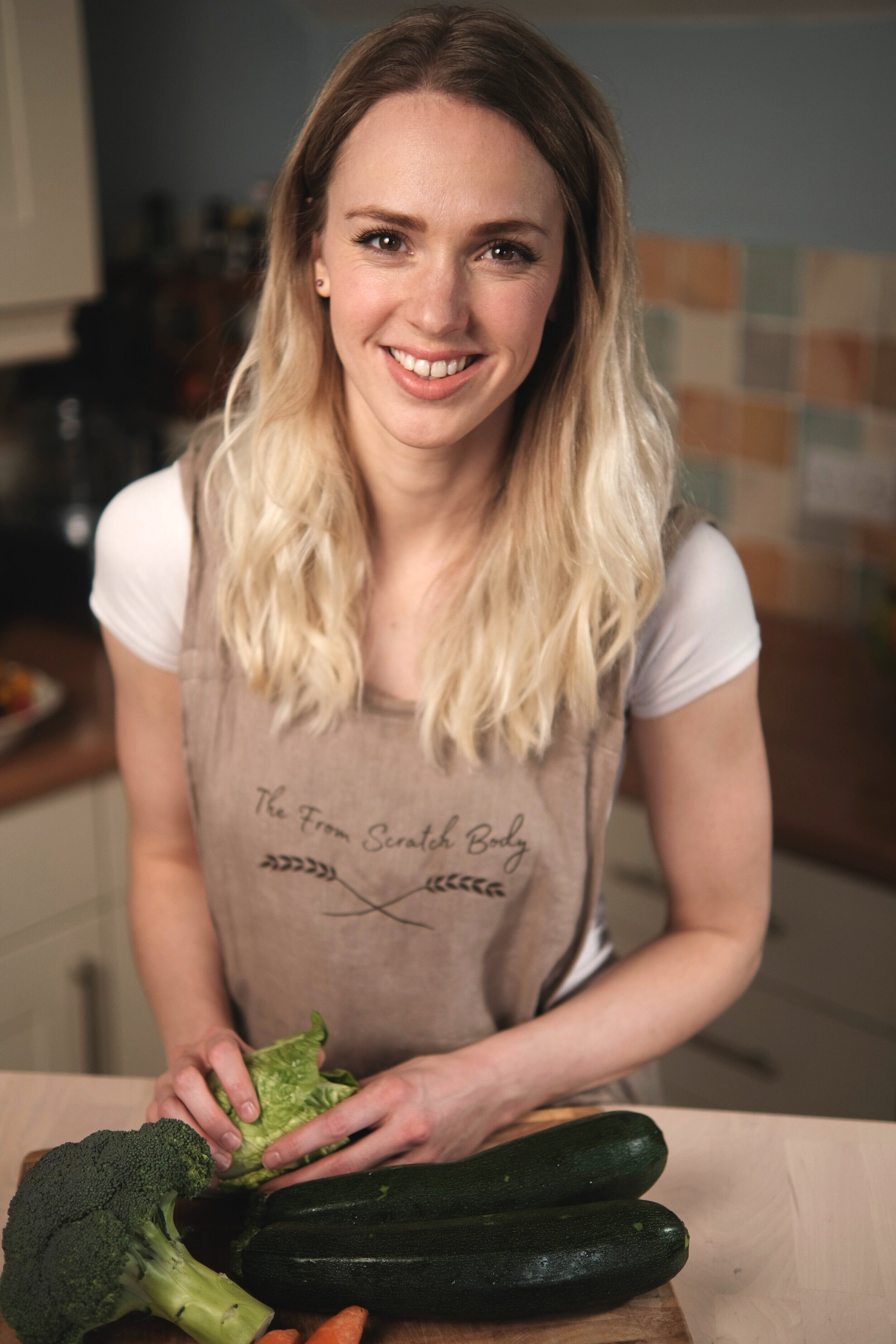Organic food - worth the money?
Organic is another “stamp of goodness” that you see on many products in the supermarket and online. But there is sometimes a big gap in price between the organic and non-organic produce. So is it worth the money to go organic, for your body and for the planet?
Let’s first define “organic” in simple terms.
Organic produce is food grown without the use of pesticides, fertilisers, or other synthetic additives. Organic meat comes from animals that have not routinely been given antibiotics or hormones. It seems like a no brainer to go for the organic option, we don’t want to consume vegetables, meat and animal products with lots of unnatural “nasties” in them. But that principle becomes harder to stand by when you look at the costs added up on your trip around the supermarket (or in my case, virtually, in my online shop). So let’s have a closer look at whether it makes a difference that supports this price difference.
Studies seem to show that in terms of nutritional value, there is little to no difference between organic and non-organic food. You get the same amount of vitamins, minerals and other nutrients regardless of how the food has been grown and maintained.
In terms of pesticide residue, you definitely find more of it on non-organic food, though this is usually a minuscule amount (especially when you rinse and/or peel your produce) and doesn’t seem to be harmful to us - however, it might be affecting us slowly over time, we don’t have enough knowledge on this yet and some people would rather be safe than sorry if we find out 20 years from now that it actually had an impact on our health. On the flipside of this, we also don’t know whether the natural pesticides used in organic farming is entirely safe, and it might also not be as efficient in combating harmful microbes found in nature.
It’s tough to make a decision here with so many uncertainties, and also, let’s not forget - different opinions linked to financial interests one way or the other.
It might seem like the biggest argument for choosing organic is not necessarily your own health, but the planet’s. Synthetic pesticides and other substances used in conventional farming does affect the soil and nature where it is used, and also accumulates in our water - another way for us to consume it, mind. Also - when you look at the huge difference in price in organic and non-organic meat like chicken, there might be an indication perhaps, that animals at organic-run farms are treated in a more humane way? Looking into this a bit, it might seem like it on the surface, however - there are quite a lot of loopholes in organic farming regulations, so don’t count on that this is what you pay for.
The conclusion might seem that there are other factors to consider when choosing your produce and meat for health, humane and environmental reasons. If you feel more comfortable buying organic and can afford the higher prices, then definitely go for it. But for those who find it a strain cost wise, it seems like thoroughly rinsing your vegetable and fruit will help get rid of any pesticides (you should do this regardless of what you buy), and both nutrition and environment wise, buying locally and in season whenever possible is probably as, if not more, important. As it is extremely hard to find any kind of information on where and how the animals we eat were farmed, the most responsible choice here is probably to eat less meat, and if you are lucky enough to have local farms that you can witness treating their animals humanely, buy from there.
What will you be buying going forward? What is your experience with organic food, is there a difference in the taste? Do you have any great tips to share on how and where to buy the healthiest, safest food? Post on Instagram and tag me @TheFromScratchBody and use the hashtag #TheFromScratchBody so I don’t miss it!
Sources: Harvard Health Publishing (Harvard Medical School), WebMD, The Balance Small Business
